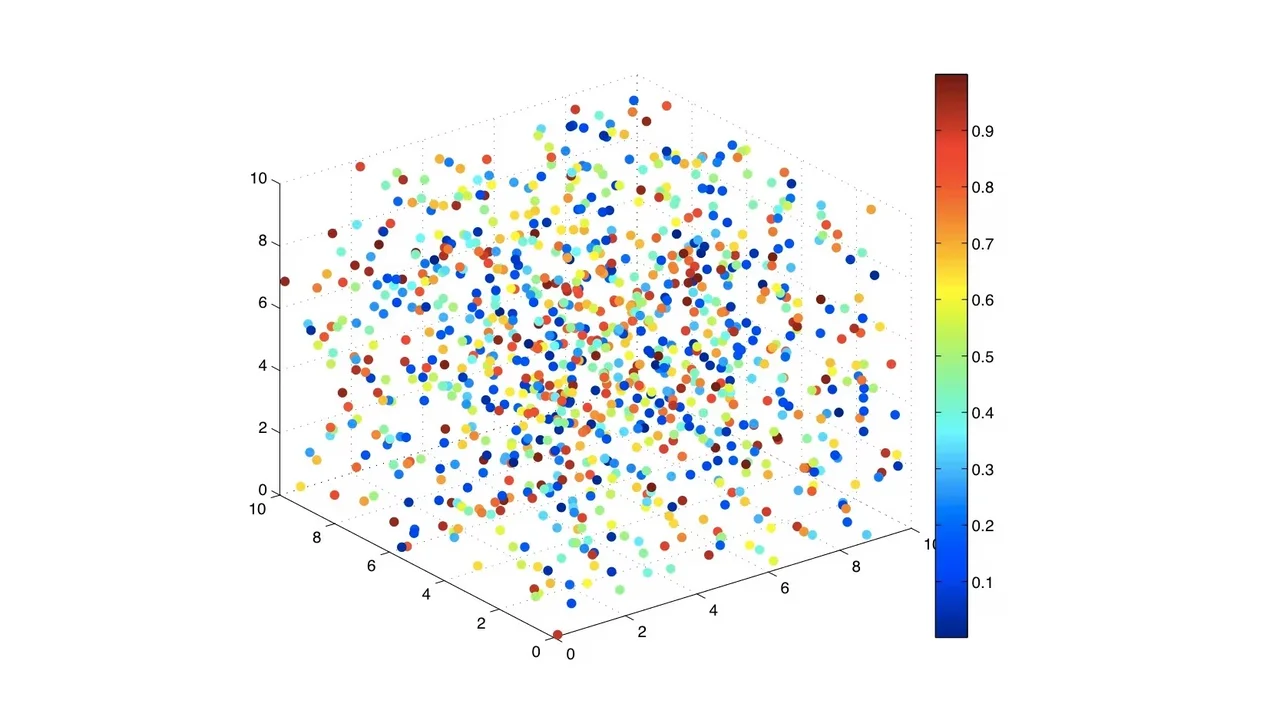
SIAM Review - A Stochastic Collocation Method for Elliptic Partial Differential Equations with Random Input Data
This work proposes and analyzes a stochastic collocation method for solving elliptic partial differential equations with random coefficients and forcing terms. These input data are assumed to depend on a finite number of random variables.
About
Bibliography:
Babuška, Ivo; Nobile, Fabio; Tempone, Raúl "A stochastic collocation method for elliptic partial differential equations with random input data." SIAM Rev. 52 (2010), no. 2, 317–355.
Authors:
Babuška, Ivo; Nobile, Fabio; Tempone, Raúl
Keywords:
stochastic collocation method, partial differential equations with random inputs, finite elements, uncertainty quantification, convergence rates, multivariate polynomial approximation, Smolyak approximation, anisotropic sparse approximation
Year:
2010
Abstract:
This work proposes and analyzes a stochastic collocation method for solving elliptic partial differential equations with random coefficients and forcing terms. These input data are assumed to depend on a finite number of random variables. The method consists of a Galerkin approximation in space and a collocation in the zeros of suitable tensor product orthogonal polynomials (Gauss points) in the probability space and naturally leads to the solution of uncoupled deterministic problems as in the Monte Carlo approach. It treats easily a wide range of situations, such as input data that depend nonlinearly on the random variables, diffusivity coefficients with unbounded second moments, and random variables that are correlated or even unbounded. We provide a rigorous convergence analysis and demonstrate exponential convergence of the “probability error” with respect to the number of Gauss points in each direction of the probability space, under some regularity assumptions on the random input data. Numerical examples show the effectiveness of the method. Finally, we include a section with developments posterior to the original publication of this work. There we review sparse grid stochastic collocation methods, which are effective collocation strategies for problems that depend on a moderately large number of random variables.
ISSN: DOI. 10.1137/100786356
